testosterone is a sex hormone that both men and women have. It is produced in the body itself (in men for example in the testicles). Concentration and tasks in the organism depend on the gender of the organism. Among other things, the sex drive and sperm production are regulated by the hormone.
What is testosterone?

Under the term testosterone Experts understand a sex hormone that is present in the human organism and is also formed there. Although men and women both have a certain level of testosterone in the body, the hormone fulfills different functions and is also produced in different organs.
In the male body, most of the testosterone is made in the testicles. In women, the ovaries and, to a lesser extent, the adrenal cortex are responsible for testosterone production. Functions such as male fertility, the growth of body hair and the intensity of the sex drive depend on the testosterone concentration.
In bodybuilding, additional testosterone is sometimes used to achieve faster muscle growth, which, however, is not without risks.
Measure & examine testosterone
To the Testosterone levels To determine it in the body, a blood test is usually done. The blood draw should take place in the morning as the concentration of the hormone fluctuates throughout the day.
Which normal values are estimated depends, among other things, on the age of the person examined. Basically, doctors speak of an average value when the testosterone concentration is between 13 and 23 nmol / l.
A mean value of 18 nmol / l is given for young men and 16 nmol / l for older men for guidance. A concentration of the hormone up to 40 nmol / l is considered the normal range for men. From a measured occurrence of less than 12 nmol / l, a therapy is usually recommended in which the patient is also given testosterone.
Function, effect & tasks
testosterone fulfills different tasks in the human body. Known as the male sex hormone, it is responsible, among other things, for developing the penis, scrotum and secondary sex organs during male puberty.
In this context, it is also responsible for the formation of sperm and thus determines the fertility of the man. If fertilization occurs, the hormone decides on that of the male phenotype. Body hair and beard growth are also determined by the amount of testosterone in the body.
Women who have high testosterone levels are therefore often more hairy than their male counterparts and also have other more masculine features such as a deeper voice or harder facial features (see also masculinization (androgenization)). During the ¢¢ menopause [[hormone fluctuations often occur, which can lead to depressive moods in the affected women.
The sex drive (libido) is also regulated by the presence of testosterone, aggressive and dominant behaviors. Last but not least, the hormone causes an increased formation of red blood cells.
Diseases
Disorders of the Testosterone levels can have different effects. Too low a concentration can affect the development of the genital organs, especially in men. If too little testosterone is available before or during puberty, the hormone may have to be supplied artificially in order to trigger regular puberty.
In adulthood, insufficient testosterone levels can lead to infertility. Here, too, an additional dose of the hormone is conceivable in order to stimulate sperm production and enable fatherhood in the normal way. If testosterone is artificially added to the body, for example as part of doping, this can have serious side effects in the long term.
In particular, doses that are too high (for example, to build up a lot of muscle mass quickly or to significantly increase your own training performance) can result in secondary damage such as liver cancer, heart failure, hyperthyroidism or strokes. Permanent irreparable damage to sperm production can occur. The psyche can also suffer from the unnaturally high testosterone concentration. Concentration disorders, mood swings, depression or disorders of memory are possible.
If there is a suspicion of a disturbed hormone balance and too high or too low a testosterone concentration, a doctor should be consulted in any case. He can make a diagnosis and, if necessary, initiate controlled and professional therapy.
You can find your medication here
➔ Medicines for potency and erection problemsTypical & common diseases
- Testosterone deficiency in old men (andropause)
- Hormonal hereditary hair loss (alopecia androgenetica)
- Steroid acne
- Gynecomastia (enlarged breasts in men)

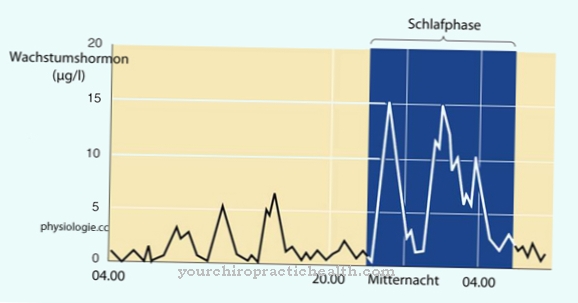
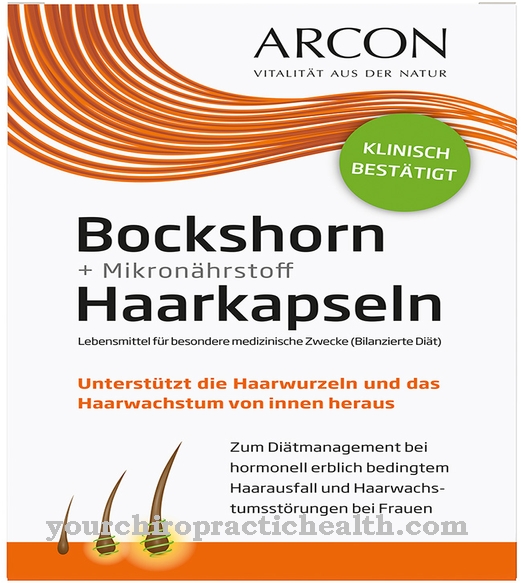
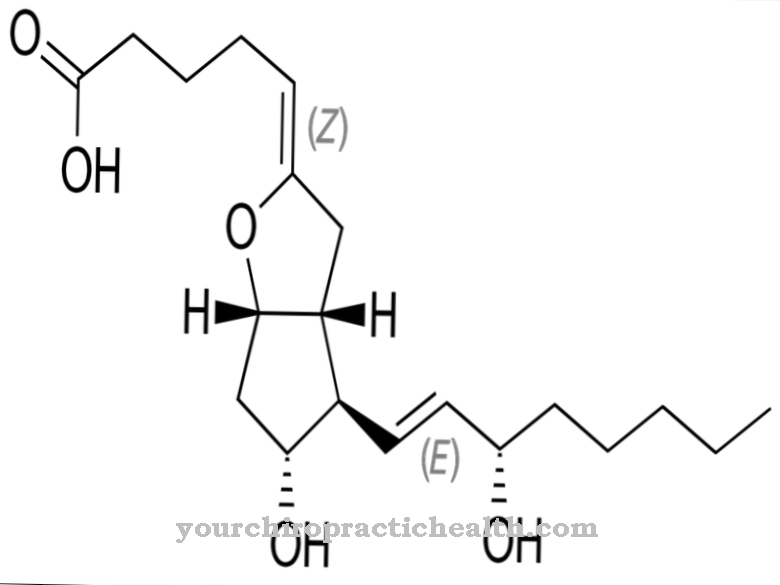
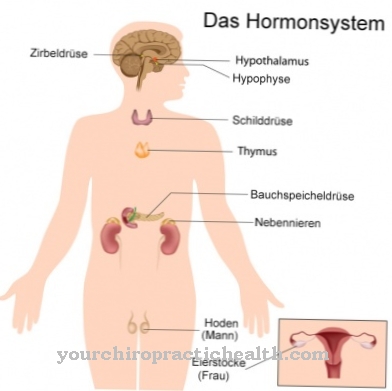
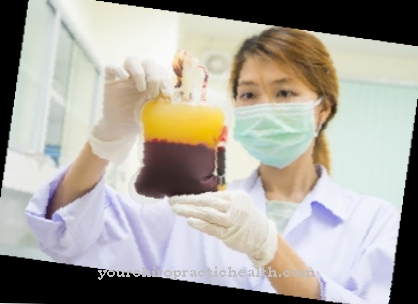
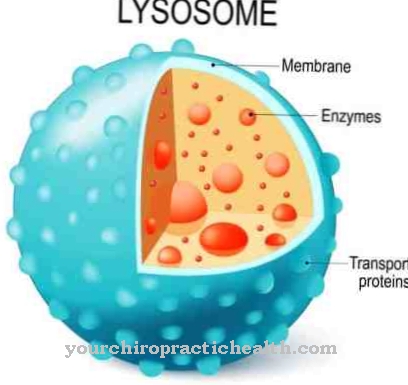






.jpg)

.jpg)
.jpg)











.jpg)